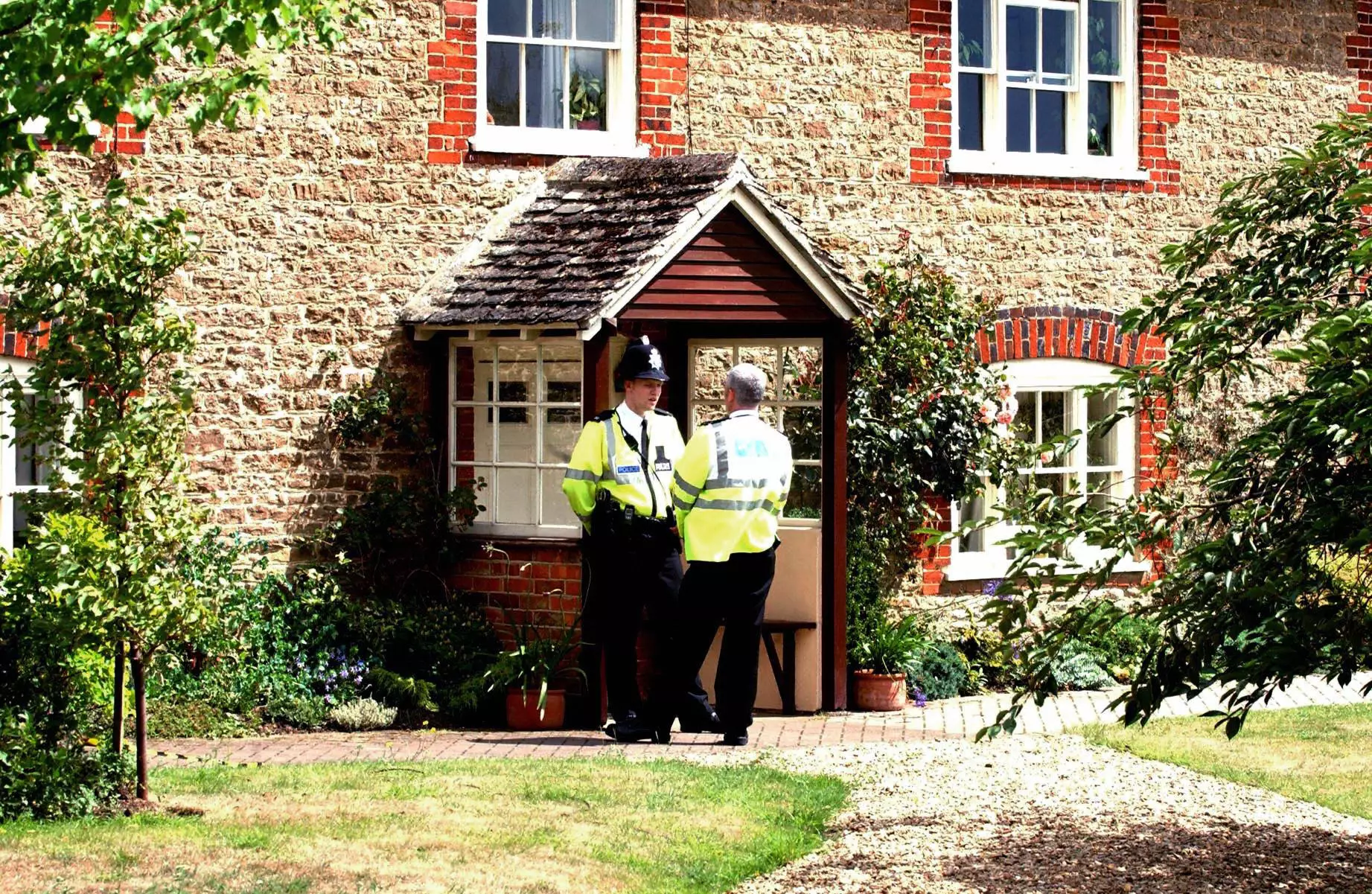
Yesterday, Sir John Chilcot published his inquiry report into the UK's decision to follow the US in invading Iraq. It stated what some people had already held in conviction, that Saddam Hussein did not pose an immediate threat to British security, that speculation of weapons of mass destruction was just that, and how no alternatives had been properly entertained. Chilcot said: "We have concluded that the UK chose to join the invasion of Iraq before the peaceful options for disarmament had been exhausted. Military action at that time was not a last resort."
The publication comes more than seven years after the inquiry was announced, and acts as a form of consolation for the grieving families of fallen soldiers - some of whom believe Tony Blair, frequently criticised for alleged war crimes, is due a comeuppance.

David Kelly. Image: Getty
Advert
In July 2003, four months after the UK invaded Iraq, the country's senior expert on biological warfare David Kelly was found dead in a wood near his home in Oxfordshire. Prior to his death, Dr Kelly had been embroiled in matters between the government and the BBC over the allegation that 10 Downing Street had amplified the intelligence claiming that Hussein had WMDs.
An inquiry led by Lord Hutton into the lead up to Kelly's death concluded in a suicide verdict: the weapons expert had died from a haemorrhage brought on by a severed wrist artery, exacerbated by the ingestion of 29 painkillers. The refusals to fully accept the findings of the Hutton Inquiry stretch beyond part-time conspiracy theorists. Andrew Gilligan, in particular, the journalist at the centre of the fiasco, wrote of the tragedy ten years on: 'I was very, very surprised. I hadn't known David all that well, but he didn't strike me as the suicidal type, if there is such a thing.
'He was quite used to confrontation and pressure: he'd been a weapons inspector in Iraq, for goodness' sake. I thought his famous grilling by the Foreign Affairs Committee had been distasteful, and symptomatic of the committee's stupidity, but it hadn't been that bad.'

Questioned on a flight to Hong Kong that day, Blair denied that anyone had been authorised to leak Kelly's identity.
Advert
In January 2010, Lord Hutton requested that Kelly's autopsy report, unpublished medical and scientific records and photographs of the body should be kept secret for 70 years. A decision that only furthered the gripe of sceptics.
Some of the dissenters who put forward these gripes included Richard Spertzel, the former head of the UN Biological Section, and who in the 90s worked with Kelly in Iraq, when he wrote to the Attorney General, Dominic Grieve, claiming that the scientist had been warned of being on a hit list in the last years of his life. The detective who found Kelly's body, Graham Coe, told the Mail On Sunday that the blood found at the scene did not match up to what was recorded in the Hutton Inquiry, while nine doctors penned an open letter ordering a "a detailed investigation of all the medical circumstances." They claimed it was "extremely unlikely that the primary cause of death would or could have been haemorrhage from a severed ulnar artery in one wrist without any evidence of a blood-clotting deficiency."
There are innumerable theories about the death; far too many to go into comprehensively here. But you have to ask yourself, what rewards could a fresh inquest reap?
Is a call for another inclusive inquiry into Dr Kelly's death effectively useless? You could argue that Britain has a history of arduous and pricey hearings, most notably the Hillsborough disaster, and that even if new information did rubbish the original report, would it even serve as political justice? It certainly wouldn't repeal the death of thousands of innocent Iraqis, nor Dr Kelly himself.
Advert
Words by Josh Teal
Featured image: Getty
Featured Image Credit: